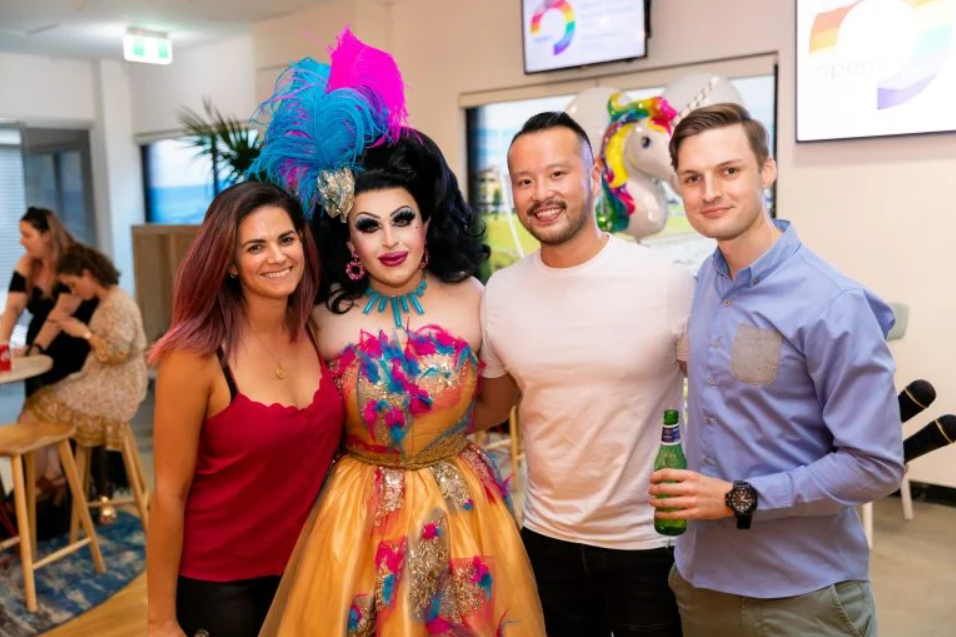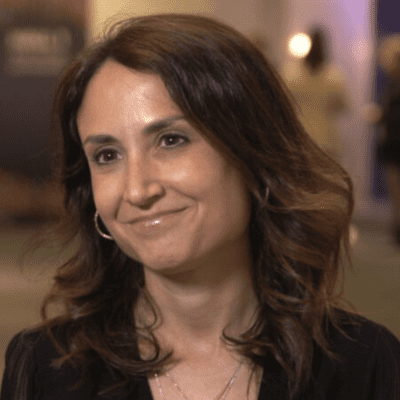As part of Australia’s Wear it Purple Day – an annual LGBTIQA+ awareness day especially for young people – Mitchell Long, PHD Australia’s Head of Strategy, Sydney, discusses a journey of a past impacting his present and the benefits of discovery and acceptance.
In 2020 LGBT+ people aged 16-27 remain five times more likely to attempt suicide in Australia. I’d be lying if I didn’t admit that I teetered on this statistic during high school.
Today’s ‘Wear it Purple’ movement, an occasion marked on August 28, has a purpose to ‘foster supportive, safe, empowering and inclusive environments for rainbow young people’. Wear it Purple is a moment for us all to reflect that regardless of the headlines of Marriage Equality, Lady Gaga or Mardi Gras, one in six LGBT+ youth at the start of this journey attempt suicide. I was lucky to have a wonderful family to get me through, but that isn’t the case for everyone.
In high school, awards handed out at my year 12 formal ranged from ‘Best dressed’ to ‘Most likely to be a millionaire’ by popular vote. I was awarded ‘Most likely to come out of the closet’. For many it seemed a harmless observation, but when ‘die faggot’ is graffitied on the back of classroom chairs, it’s not an award you want to receive.
Five years on, and I began interning at PHD within Omnicom Media Group. For the first time, I saw LGBT+ leaders like Chris Stephenson be as brilliant as they were themselves at work, and I felt like I belonged.
But it took me longer to realise how my past was still impacting my present. Not long ago, my coach introduced me to the concept of ‘limiting beliefs’; the things we believe to be true about others and ourselves that hold us back. I realised mine all stemmed from my experiences growing up where the shame and embarrassment of being gay had been relentlessly hardwired into my brain.

I felt weirdly awkward speaking with some of the straight men in the office. After all, I’d probably make them uncomfortable because I was ‘too gay’, and I found myself evading yet again. But this time I wasn’t avoiding being shoved into walls or shouts affirming my apparent sexuality; I was avoiding any interaction that wasn’t strictly business.
But they weren’t at all like the boys I avoided in school. They valued my opinion, were compassionate, sensitive, and vulnerable with their staff, and those with kids were wonderful parents. In short, they couldn’t give a toss which team I batted for. That was on me, not on them.
This realisation allowed me to see my potential. It helped me forge genuine connections with others, it gave me the confidence to lead, and it freed me to be more than ‘gay’.
Indeed the class of 2006 was right; of course I ‘came out’, but perhaps they had no idea I’d ‘come through’. While the former can happen in an instant, ‘coming through’ to finally feel comfortable in our own skin is a journey that can take a lifetime.




